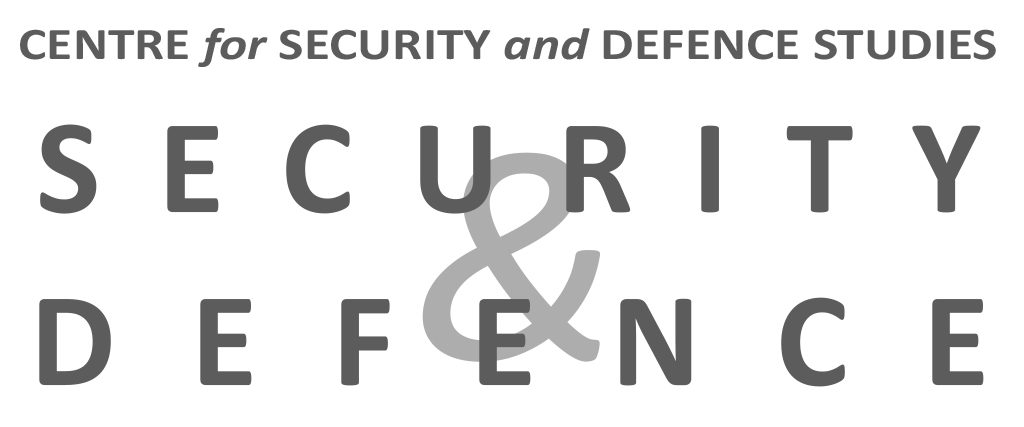
Ongoing developments over the past month of war have significantly altered the trajectory and limited the boundaries of feasibility of Russia’s “special military operation” [sic] in Ukraine. Ukraine did not collapse. Kiev, Kharkiv or Mariupol did not fall within a few days, and the Russian army is undoubtedly making far less progress than some people in Moscow, likely including President Putin himself, had expected. In this “blitzkrieg” that has now become a war of attrition and ambushes, Russia is certainly in a strong position in terms of strength and firepower, but there is no doubt that the material, human, economic and political costs of some of its partial “successes” are much greater than initially calculated by the Kremlin.
At this critical juncture in the conflict, as Russian forces appear to be readjusting their goals in Ukraine, this study proposes to try out some hypotheses for possible evolution scenarios based on three essential issues: the question of escalation/de-escalation and time-scaling of the war, the territorial issue and the question of Ukraine’s integrity, and finally, the “balance of military power/diplomatic negotiations” nexus, thus questioning the prospect of a possible negotiated way out of the hostilities. While the permanent fog of war and the rapid evolution of the conflict situation on the ground impose utmost caution, the importance of what is at stake certainly requires looking at the perspectives that are taking shape.
(Only available in French)
Research lines: Europe ; Eurasia
Source photo: Ministry of Defense of Ukraine on Flickr

Focus Paper 43
« Cinquante nuances d’Ukraine 2022 »
Perspectives
après plus d’un mois de guerre
